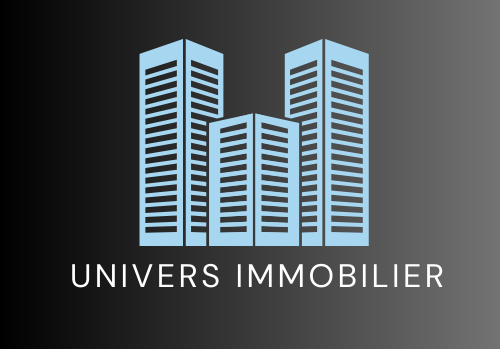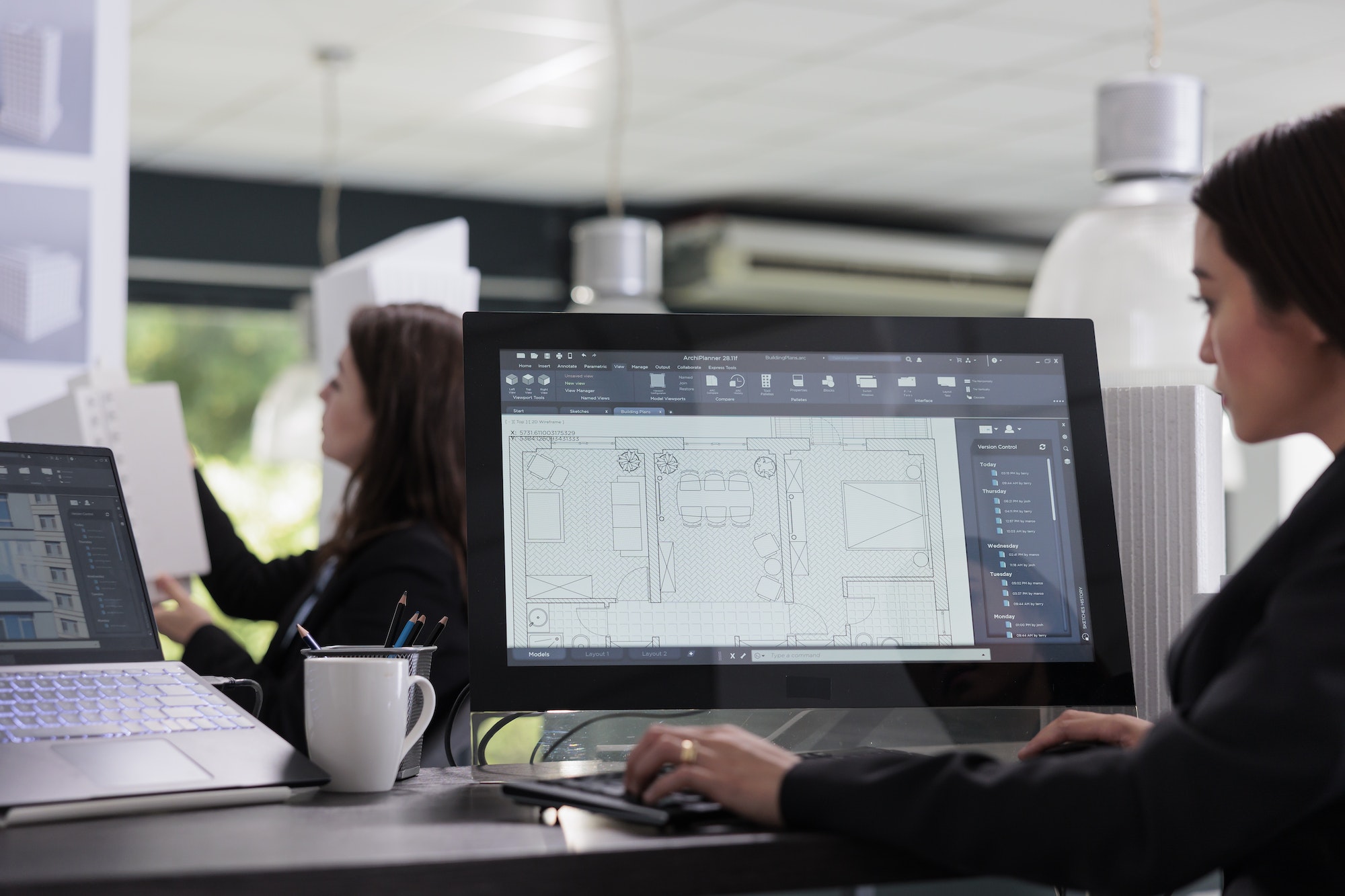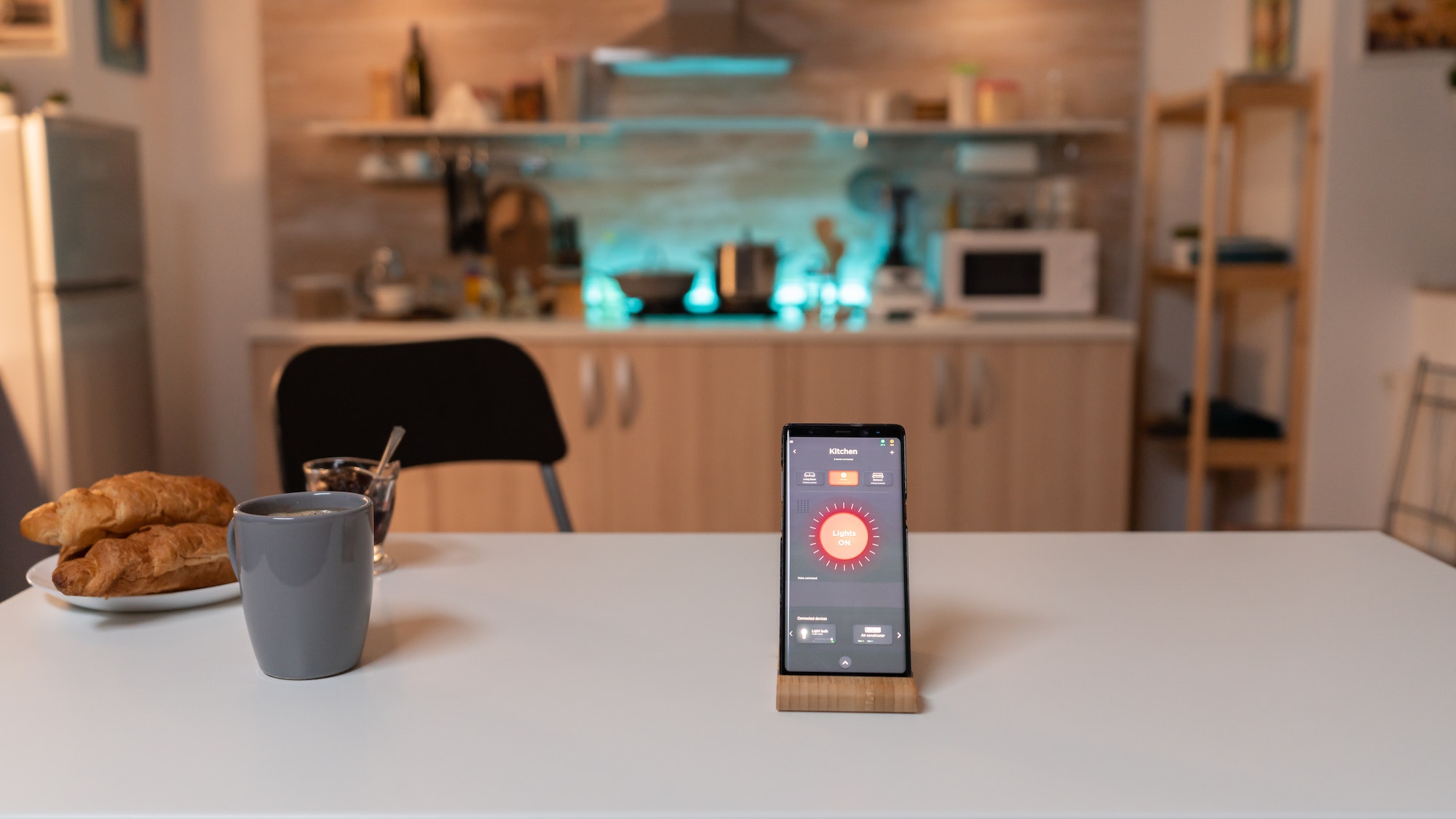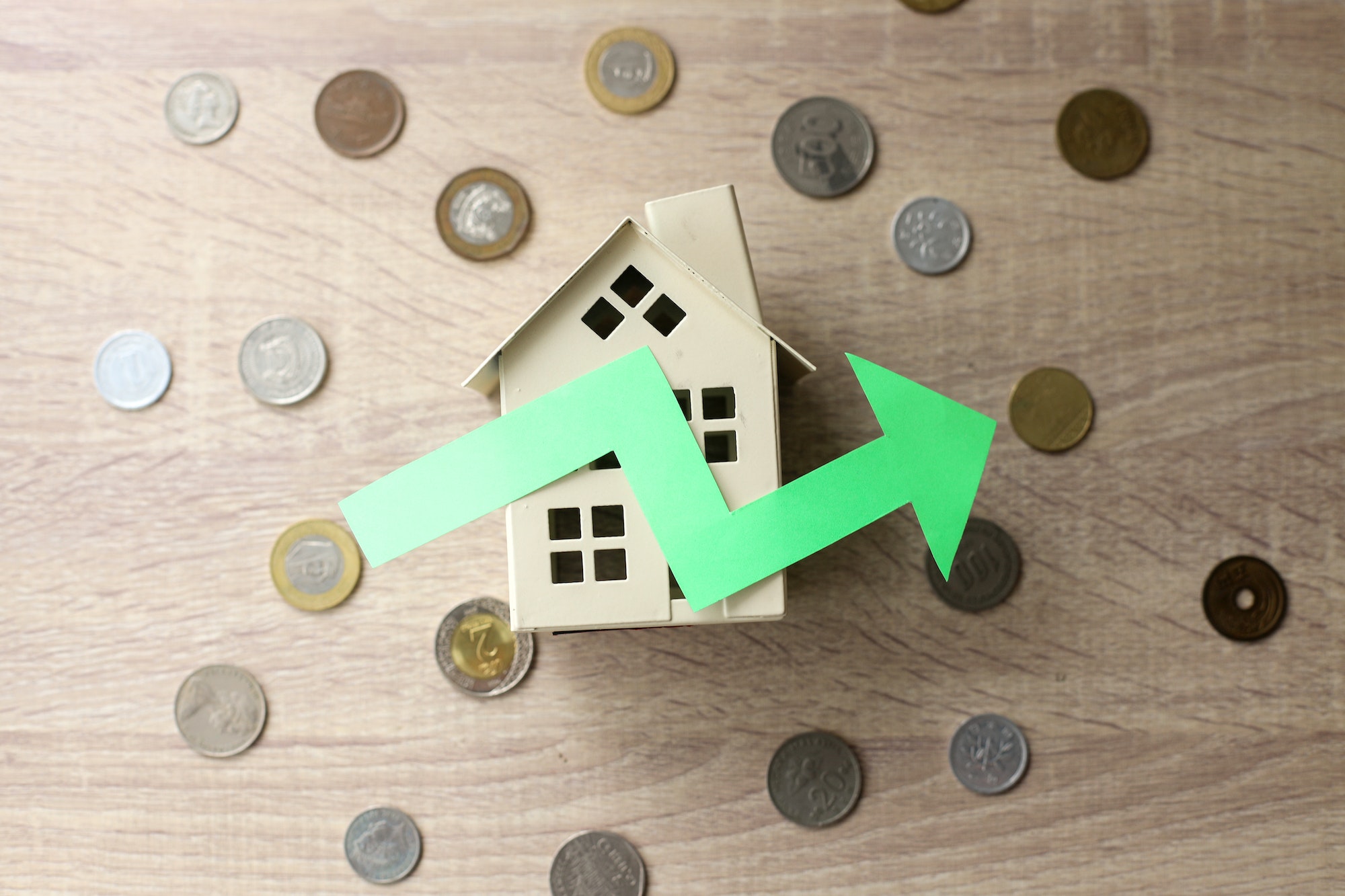In today’s fast-paced and technology-driven world, property managers and landlords are constantly seeking ways to streamline their operations and maximize efficiency. The advent of rental property management software has revolutionized the way they manage their properties, tenants, and maintenance tasks. With the real estate market continually evolving, software developers are always on their toes, making their platforms adaptive to the latest trends in the industry. In this article, we will discuss the latest trends in rental property management software that are shaping the future of the industry.
- 1 Cloud-Based Solutions
- 2 Integration with Other Platforms
- 3 Automation and Artificial Intelligence
- 4 Focus on Tenant Experience
-
5
FAQ
- 5.1 What is rental property management software?
- 5.2 What are the latest trends in rental property management software?
- 5.3 What features should I look for when selecting a rental property management software?
- 5.4 How much does rental property management software cost?
- 5.5 Is rental property management software only for landlords?
Cloud-Based Solutions
A major trend in the property management software market is the shift towards cloud-based solutions. This advancement in technology allows property managers and landlords to access, update, and manage their property data from any location and device with internet connectivity. This remote accessibility enables them to respond to tenant inquiries, approve work orders, and track rent payments without being tied down to a physical office.
Additionally, cloud-based property management software offers increased security and data protection. These platforms typically use advanced encryption technologies to safeguard sensitive information and protect against data breaches. Furthermore, cloud-based systems enable automatic data backups and updates, ensuring that property managers always have access to the most recent information.
Integration with Other Platforms
Another significant trend in the rental property management software industry is the ability to integrate with other platforms. As the market becomes increasingly competitive, software providers are focusing on offering seamless integration with popular applications to provide a comprehensive solution for property managers and landlords.
Integration with accounting software, for example, simplifies bookkeeping and financial reporting for property managers. This connectivity allows them to generate accurate financial statements and track revenue and expenses directly from their property management platform. Similarly, integration with tenant screening services helps streamline the tenant selection process by pulling credit history, background checks, and eviction records directly into the property management software.
Vacation rental property managers, in particular, can benefit from integration with online travel agencies (OTAs) like Airbnb and Booking.com. This feature allows them to manage listings, reservations, and guest communications all through a single platform, saving time and reducing the risk of double bookings.
Automation and Artificial Intelligence
Automation and artificial intelligence (AI) are also making their mark on the property management software market. These cutting-edge technologies are being used to automate repetitive tasks and provide predictive insights for property managers and landlords.
For example, AI-driven algorithms can analyze historical rent collection data to predict which tenants are more likely to pay on time, enabling property managers to take proactive measures to minimize late payments. Similarly, automated maintenance management systems can analyze work order patterns and predict when certain equipment or property components might require servicing or replacement, helping property managers stay one step ahead of potential issues.
Moreover, chatbots and virtual assistants are becoming increasingly popular in the property management industry. These AI-powered tools can handle basic tenant inquiries, schedule appointments, and even process rent payments, freeing up property managers to focus on more complex tasks and deliver an enhanced tenant experience.
Focus on Tenant Experience
The rental property management software industry is increasingly focusing on improving the tenant experience. Studies show that satisfied tenants are more likely to renew their leases and recommend properties to friends and family, which ultimately boosts a property’s reputation and revenue.
Modern property management software platforms are incorporating features that cater to tenants’ needs, such as online rent collection, maintenance request portals, and community forums. These tools not only simplify tenants’ day-to-day lives but also provide property managers with valuable insight into tenant satisfaction levels.
In conclusion, the rental property management software market is rapidly evolving to meet the changing needs of property managers, landlords, and tenants alike. As cloud-based solutions, integration with other platforms, automation and AI, and a focus on tenant experience continue to shape the industry, property management professionals can expect even more advanced and user-friendly tools to emerge in the coming years. By staying abreast of these trends and adopting the latest software innovations, property managers and landlords can not only streamline their operations but also gain a competitive edge in the ever-growing real estate market.
FAQ
What is rental property management software?
Rental property management software is a suite of tools designed to help landlords manage their rental properties and streamline their business operations. It typically includes features such as tenant screening, rent collection, maintenance requests, expense tracking, property analytics, and more.
What are the latest trends in rental property management software?
The latest trends in rental property management software include cloud-based solutions that enable landlords to manage their properties remotely, automated rent collection systems to streamline the payment process, and mobile apps that allow tenants to submit maintenance requests and pay rent directly from their phones.
What features should I look for when selecting a rental property management software?
When selecting a rental property management software, it’s important to look for features such as tenant screening, rent collection, maintenance request system, expense tracking, and analytics. Additionally, you should also consider whether the system offers any additional features such as tenant portals or online payments.
How much does rental property management software cost?
The cost of rental property management software can vary depending on the type of system you select. Some systems are offered as part of a monthly subscription package while others may require an upfront fee or license fee. Additionally, some providers offer free trials or discounts for multiple properties.
Is rental property management software only for landlords?
No, rental property management software can be used by both landlords and tenants. Tenants can use the system to submit maintenance requests or make payments while landlords can use it to track expenses or analyze data about their properties. The system can also be used by real estate agents and other professionals in the industry. </p






